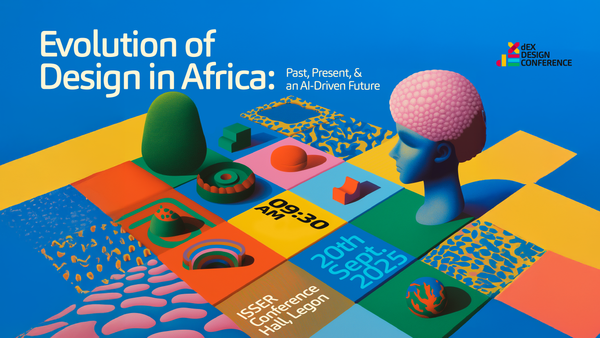What if They Were Gold?: Importance of Soft Skills in Career Growth
If soft skills were gold, how much would you be worth?

Introduction
Imagine walking into a room full of billionaires, top executives, and industry leaders, people who could change your life with one handshake. You have the skills, the degrees, the experience… but the moment you open your mouth, you fumble, or come off as unapproachable. The opportunity slips right through your fingers. Why? Because technical skills alone won’t get you far–soft skills will.
The Myth of "Skills Alone Are Enough"
Growing up, many of us were told that if we worked hard, got good grades, and mastered a technical skill, success would follow. But look around, how many highly skilled people are struggling, while others with seemingly less technical expertise are thriving? The difference often comes down to soft skills: communication, adaptability, emotional intelligence, teamwork, and leadership.
Why Soft Skills Are the Real Currency
Soft skills determine how well you navigate workplace dynamics, how effectively you communicate your ideas, and how confidently you build relationships. Think of them as the "gold" that increases the value of your technical skills. Here’s why they matter:
- Opportunities Find Those Who Communicate Well
Have you ever noticed that some people always seem to "know the right people" or "get the best gigs"? You call it luck, right? It isn't luck. Strong communicators build networks that open doors. - Teamwork Makes or Breaks Careers
In today's collaborative work environments, your ability to work with others is just as important as your technical expertise. No one wants to work with a genius who can’t cooperate with a team. - Adaptability = Job Security
Think of this as a chameleon who changes its color to adapt with their environment. What happens, security right? In present times you can’t afford to be the same person you were years ago. Technology and industries change rapidly. The ones who thrive aren’t just the smartest but also the most adaptable. Soft skills like problem-solving and emotional intelligence help you navigate uncertainty. - Leadership Isn't About Titles, It's About Influence
You don’t have to be a manager to be a leader. Leadership starts with how you inspire, motivate, and connect with others–qualities that rely heavily on soft skills.
The African Context: Why This Matters Even More
In Africa’s growing job market, the competition is becoming fierce. With an increasing number of young professionals entering the workforce, what sets you apart isn’t just what you know, but how you apply it. Many African entrepreneurs and innovators have built successful businesses not just on technical knowledge, but through negotiation skills, resilience, and the ability to sell ideas effectively.
How to Build Your Soft Skills
The good news? Soft skills can be developed. Here’s how:
- Practice active listening – The best communicators listen more than they speak.
- Work on your emotional intelligence – Learn to manage your emotions and understand others.
- Take on leadership roles – Even in small ways, such as leading a project or mentoring a colleague.
- Expand your network – Engage with people outside your immediate field; diversity in connections builds your adaptability.
- Seek feedback – Ask mentors, colleagues, or friends to assess your communication and teamwork skills.
Final Thoughts: Are You Investing in the Right Skills?
If soft skills were gold, how much would you be worth? It’s time to shift the mindset that technical skills alone guarantee success. In reality, your ability to connect, communicate, and adapt will be what truly sets you apart in your career.
So, as you chase certifications and degrees, don’t forget to refine the skills that make people want to work with you, trust you, and invest in you. Because in the long run, that’s what makes the real difference.
Thanks for reading!
I am Nana Boadzi.
This is Career & Growth Flight—see you in the next one!





